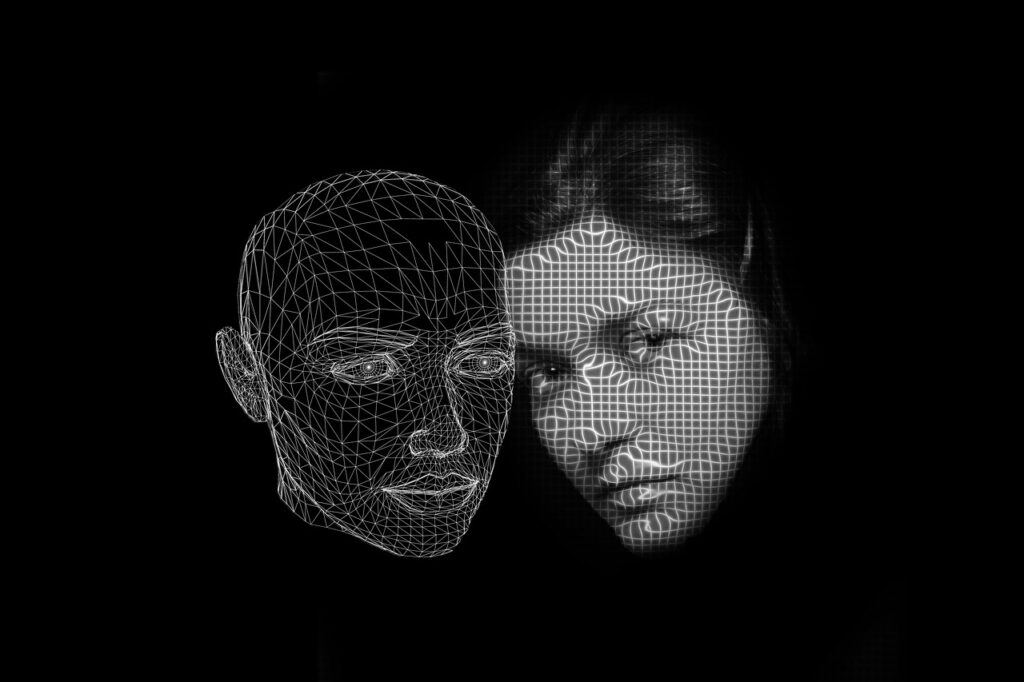AI personality replicas, known as simulation agents, are designed to make research more practical and manageable. These digital versions of human personalities allow researchers to test ideas and scenarios that might otherwise be too costly, impractical, or ethically difficult to implement with real participants.
For example, these agents can simulate how people might respond to social media campaigns against misinformation or examine behaviours that cause traffic jams. They act as digital stand-ins, helping researchers better understand human behaviour without relying on actual individuals.
The ability to run controlled experiments using these digital models opens up new ways to study complex issues and test theories in a more flexible and repeatable manner.
How Are These Replicas Created?
The process begins with detailed interviews. Researchers spoke with 1,000 participants, collecting information about their lives, values, and perspectives. These interviews served as the foundation for creating AI versions of the participants.
The digital replicas were then tested against their human counterparts in tasks such as personality assessments and logic games. Results showed an 85% similarity between the AI agents and the people they were based on. The evaluations used standard tools like the General Social Survey and the Big Five personality tests, which measure traits such as openness, agreeableness, and extroversion.
Although these replicas performed well in personality tests, they showed limitations in behavioural scenarios, such as fairness-related exercises. This could mean that while they can replicate certain aspects of human behaviour, capturing deeper complexities remains difficult to do.
How Do Simulation Agents Differ From Other AI Models?
Simulation agents are designed to mimic human behaviour, making them useful for conversations and research purposes. These agents are shaped to represent individual traits and preferences, enabling researchers to experiment with realistic human-like responses.
In contrast, practical AI tools—known as tool-based agents—are developed to assist with tasks such as managing schedules, retrieving information, or organising data. Companies have introduced these tools to simplify everyday activities.
While simulation agents focus on representing human behaviour, their development may also contribute to advances in more task-oriented AI models. The progress in both areas shows the diverse possibilities AI can offer.
What Makes Interviews Important For Creating These Agents?
Interviews are seen as an effective way to capture a person’s individuality. They uncover details and experiences that traditional surveys often miss, such as major life events or personal challenges that shape decisions and behaviour.
For instance, someone recovering from a life-changing illness might view situations differently, and this perspective might not surface in a standard questionnaire. Interviews provide a chance to delve deeper into these unique narratives, offering a fuller understanding of what drives a person’s actions.
Even short interviews can generate enough data to build a reliable AI version of a person. Compared to methods that rely on large datasets like emails, the interview approach is more direct and requires less information while still producing meaningful results.
Are There Risks Associated With This Technology?
Although simulation agents offer many possibilities, of course, there’s the issue of misuse. Just as tools like deepfake technology can be used to impersonate others, these AI replicas could also be exploited for harmful purposes, such as creating false online identities or spreading misinformation.
The researchers acknowledge this and suggest caution when developing and using such technologies. The methods used to evaluate these agents, while reliable, have their limits. Standard personality tests may not capture the full depth of what makes an individual unique.




